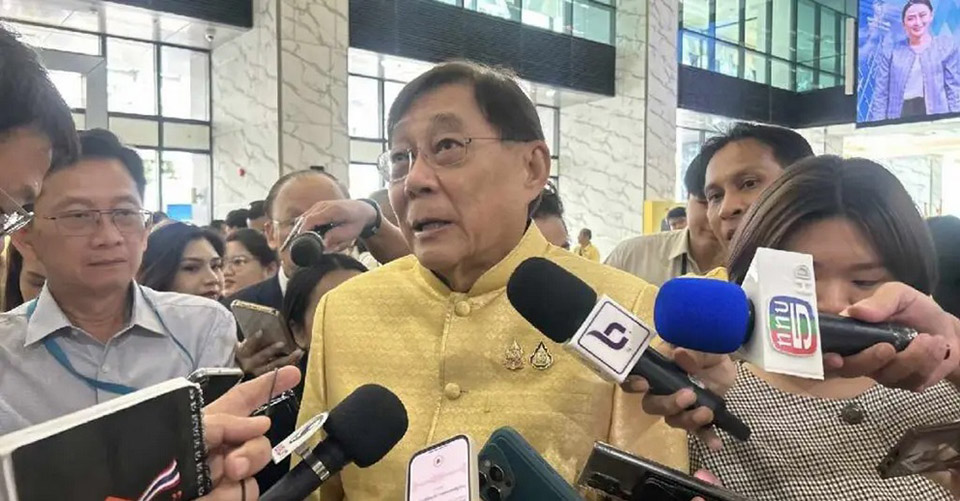
BANGKOK, Thailand – Thai Finance Minister and Deputy Prime Minister Pichai Chunhavajira discussed the potential impact of the upcoming U.S. presidential election on international trade. Regardless of whether Donald Trump or Kamala Harris wins, he believes the U.S.-China trade conflict will escalate. As a result, Thailand must restructure its domestic investment model, boosting local content and ownership to mitigate trade barriers and increase resilience.
On November 4, Pichai highlighted that in today’s competitive global economy, exchange rates play an increasingly critical role as export strategies shift. Many countries are closely monitoring their currencies, though he confirmed Thailand would not intervene directly. For the Thai baht, he advised careful observation of its value against competitor currencies and stressed long-term currency stability over short-term fluctuations.
Amid this competitive landscape, foreign investors have increasingly moved their bases to Thailand, benefiting from its economic stability. However, Pichai emphasized the need for Thailand to develop authentic Thai-driven production, from conception to export, rather than relying solely on external models.
Regarding economic stimulus, Pichai advocated a balance of short, medium, and long-term measures, especially in infrastructure and logistics, to boost private sector competitiveness. This approach aims to strengthen Thailand’s economic foundation and promote sustained growth in response to past economic weaknesses. (TNA)








